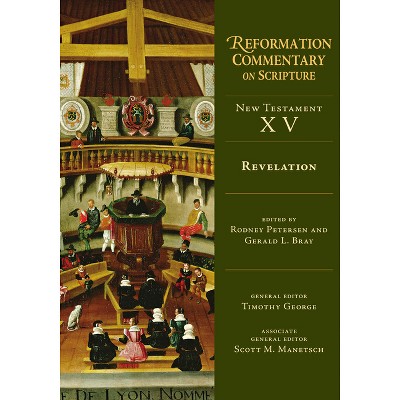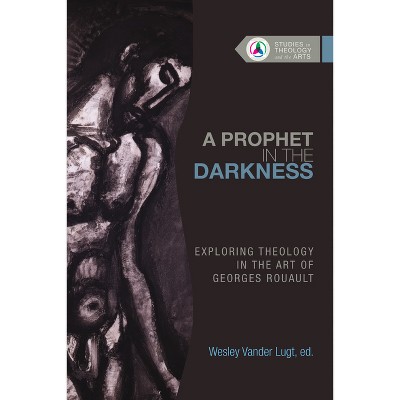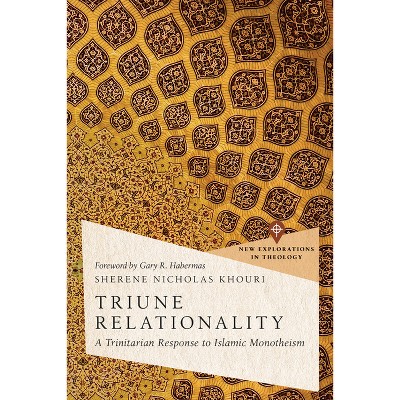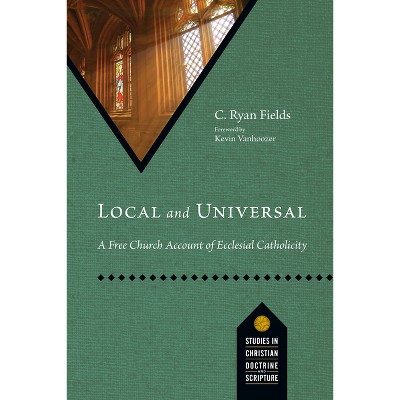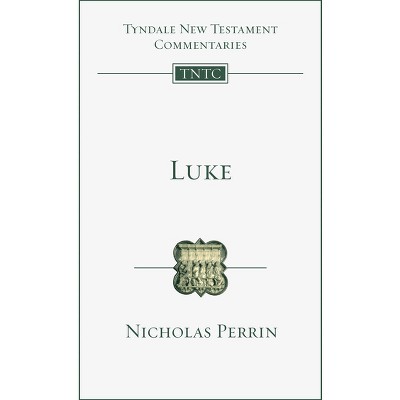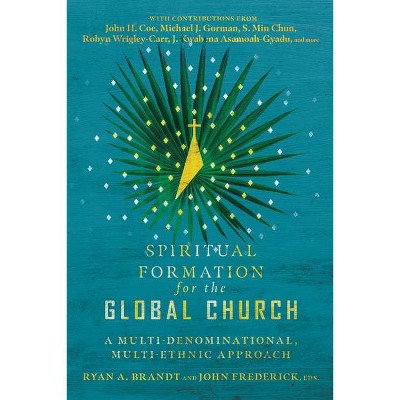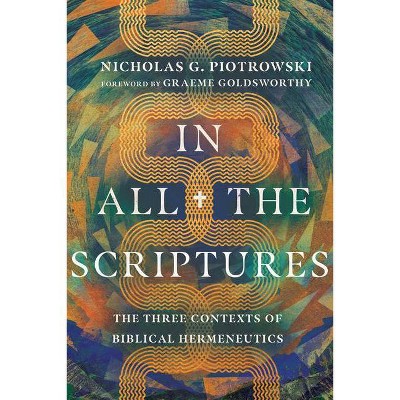About this item
Highlights
- Why did the Wesleyan Methodists and the Anglican evangelicals divide during the middle of the eighteenth century?
- About the Author: Ryan Nicholas Danker (ThD, Boston University) is assistant professor of the history of Christianity and Methodist studies at Wesley Theological Seminary in Washington, D. C.
- 304 Pages
- Religion + Beliefs, Christianity
Description
About the Book
Why did the Wesleyan Methodists and the Anglican evangelicals divide during the middle of the eighteenth century? Many say it was based narrowly on theological matters. Ryan Nicholas Danker suggests that politics was a major factor driving them apart. Rich in detail, this study offers deep insight into a critical juncture in evangelicalism and early Methodism.
Book Synopsis
Why did the Wesleyan Methodists and the Anglican evangelicals divide during the middle of the eighteenth century? Many would argue that the division between them was based narrowly on theological matters, especially predestination and perfection. Ryan Danker suggests, however, that politics was a major factor throughout, driving the Wesleyan Methodists and Anglican evangelicals apart. Methodism was perceived to be linked with the radical and seditious politics of the Cromwellian period. This was a charged claim in a post-Restoration England. Likewise Danker explores the political force of resurgent Tory influence under George III, which exerted more pressure on evangelicals to prove their loyalty to the Establishment. These political realities made it hard for evangelicals in the Church of England to cooperate with Wesley and meant that all their theological debates were politically inflected. Rich in detail, here is a book for all who seek deeper insight into a critical juncture in the development of evangelicalism and early Methodism.
Review Quotes
"Wesley and the Anglicans is an important and timely discussion of the context and content of ecclesial shifts attributed to John Wesley and the rise of Methodism. Avoiding easy discourses with familiar anecdotes pitting Wesley against Calvin, Danker does the historical work to reintroduce the pressing issues of church, society and politics in the eighteenth century. Anyone interested in discovering or rediscovering how Wesley initiated and sustained an evangelical witness, both within the church and outside it, should read this book. Maybe these echoes of Wesley's disdain for settled ministry can revitalize evangelical Christianity again."
--Joy J. Moore, assistant professor of preaching, Fuller Theological Seminary"Challenging the 'standard line' that Wesley's relationship with those evangelicals who remained in the Church of England during the eighteenth century was one despoiled largely by theological considerations, that is, his Arminianism and their Calvinism, Danker has carefully weaved social, political and ecclesiastical threads to offer a far more sophisticated and ultimately convincing picture. This is a splendid book on so many levels: creatively conceived, deftly contextualized and wonderfully executed. I highly recommend it."
--Kenneth J. Collins, professor of historical theology and Wesley studies, director of the Wesleyan Studies Summer Seminar, Asbury Theological Seminary"From beginning to end, Danker effectively locates ecclesiastical and theological differences within their broader context in eighteenth-century England. The result is an engaging and richly detailed account of the development of evangelicalism and early Methodism. Any readers--whether Anglicans, Methodists, Calvinists, Catholics, or others--who desire to learn more about this period of history and its implications will benefit from reading Danker's contextualized and convincingly argued book."
--Kenneth M. Loyer, Catholic Historical Review"The last three decades have seen a revolution in scholarship on the eighteenth-century Church of England. Ryan Nicholas Danker's Wesley and the Anglicans finally places John Wesley squarely and critically within the context of the vibrant and thriving eighteenth-century Church of England that newer scholarship has described. Danker's highly nuanced historical narrative offers a fresh perspective on the Wesleyan movement--actually, on the 'John-Wesleyan' movement, since Danker is also conscious of Charles Wesley's sharply delineated variance from John Wesley's ecclesial vision. This is a must-read for serious students of the Wesleys and Methodist origins."
--Ted A. Campbell, professor of church history, Perkins School of Theology, Southern Methodist University"This is an excellent study, and well deserves the commendations it has received from leading scholars in the field."
--Martin Wellings, Wesley and Methodist Studies, Vol. 10, No. 1About the Author
Ryan Nicholas Danker (ThD, Boston University) is assistant professor of the history of Christianity and Methodist studies at Wesley Theological Seminary in Washington, D. C. He has written and spoken widely on topics such as evangelicalism, John and Charles Wesley, Methodism, Wesleyan theology, the transatlantic evangelical revival and the Church of England.

